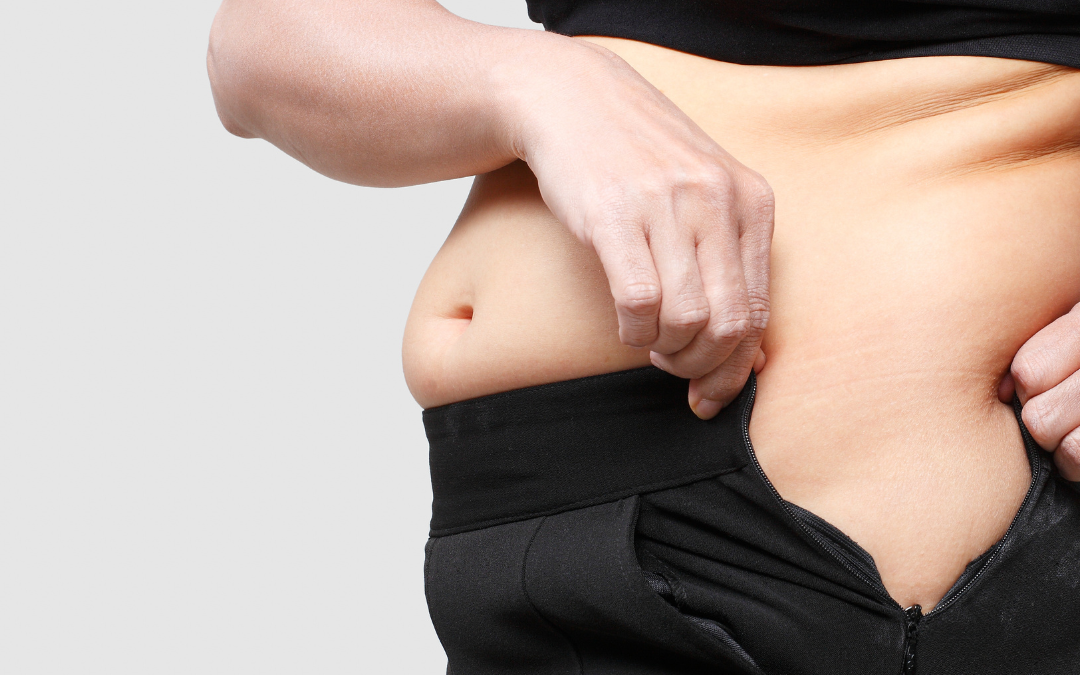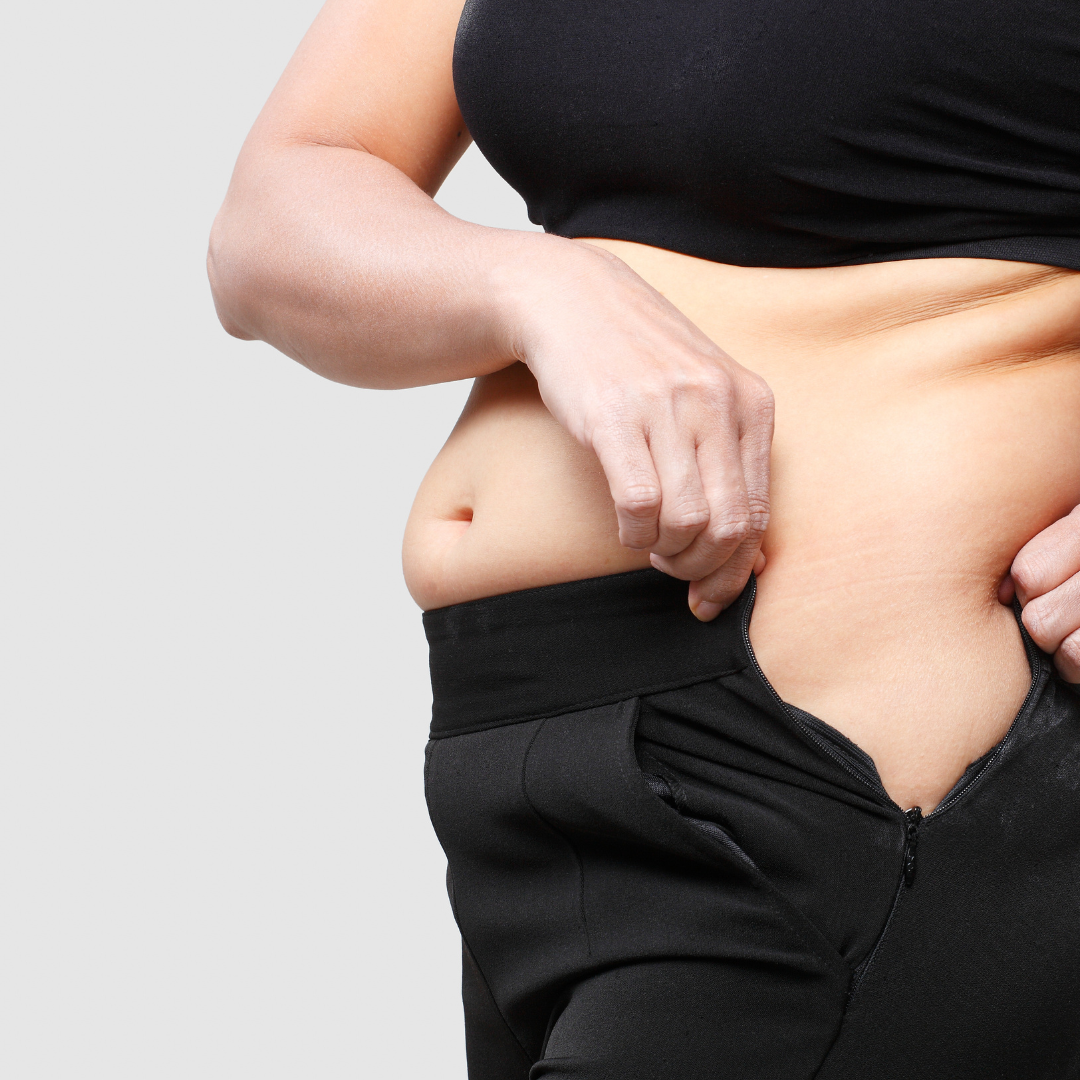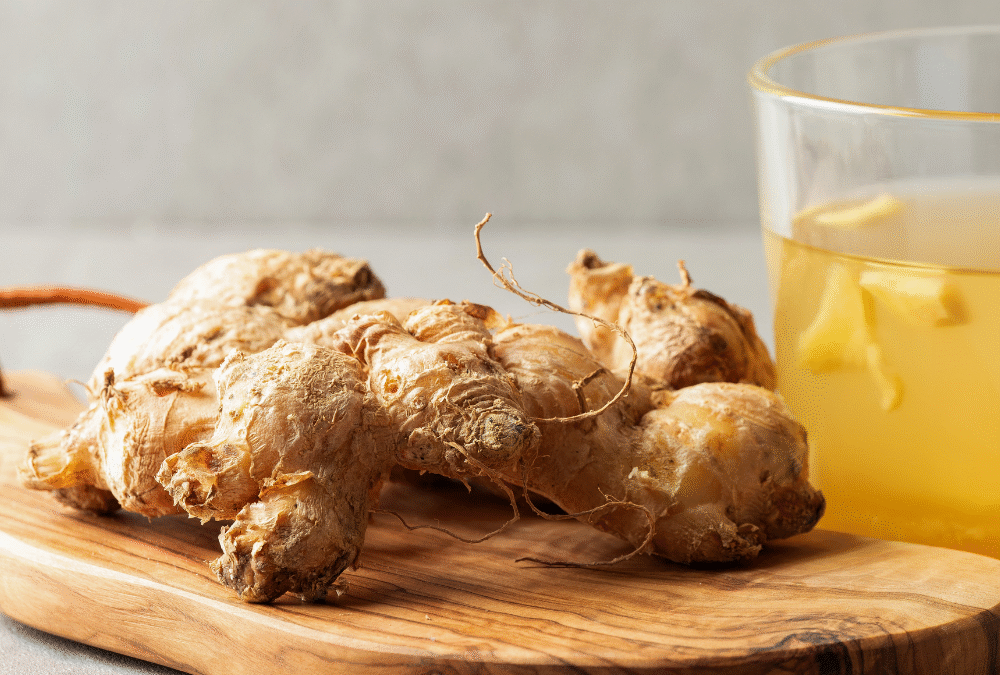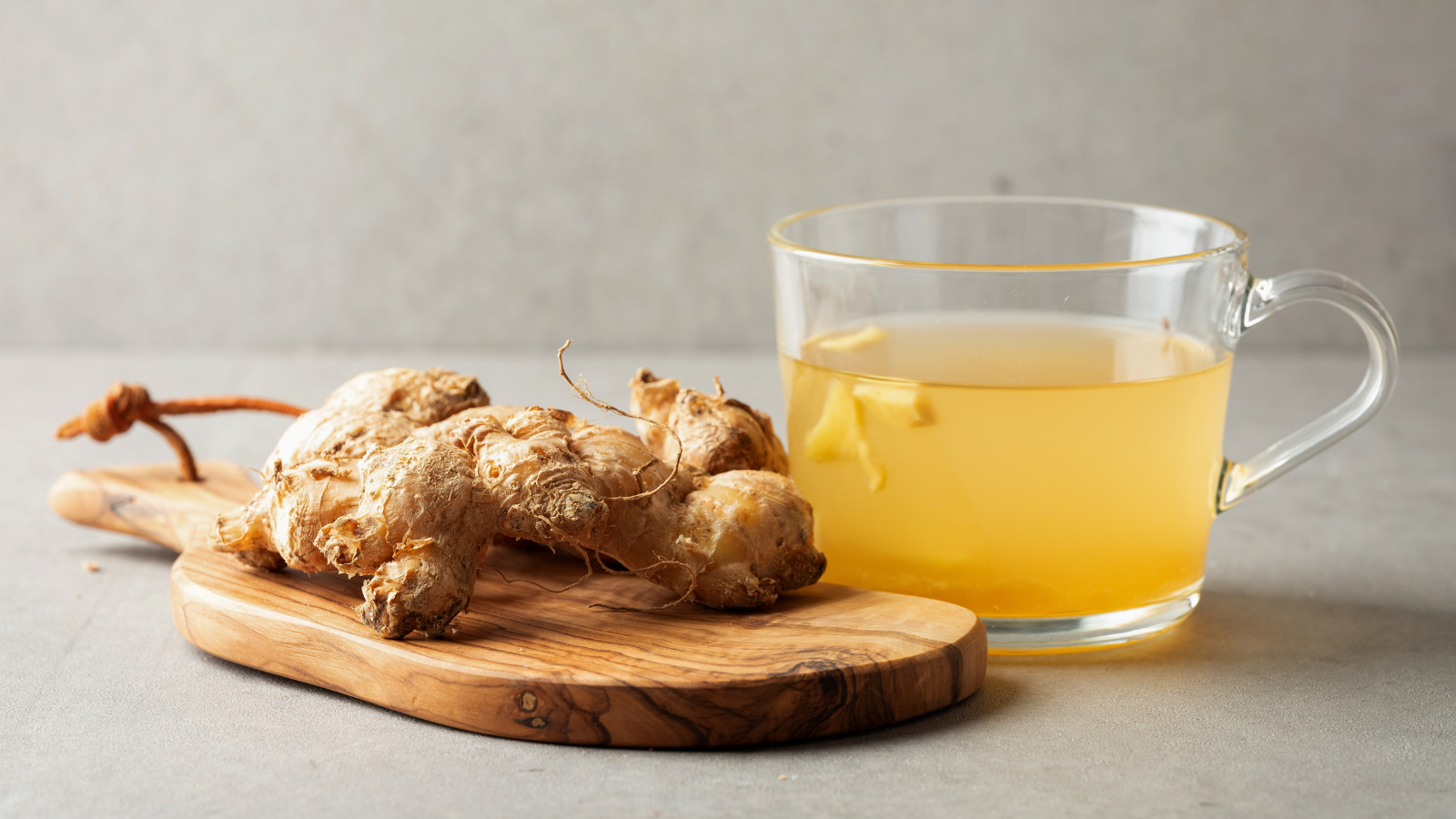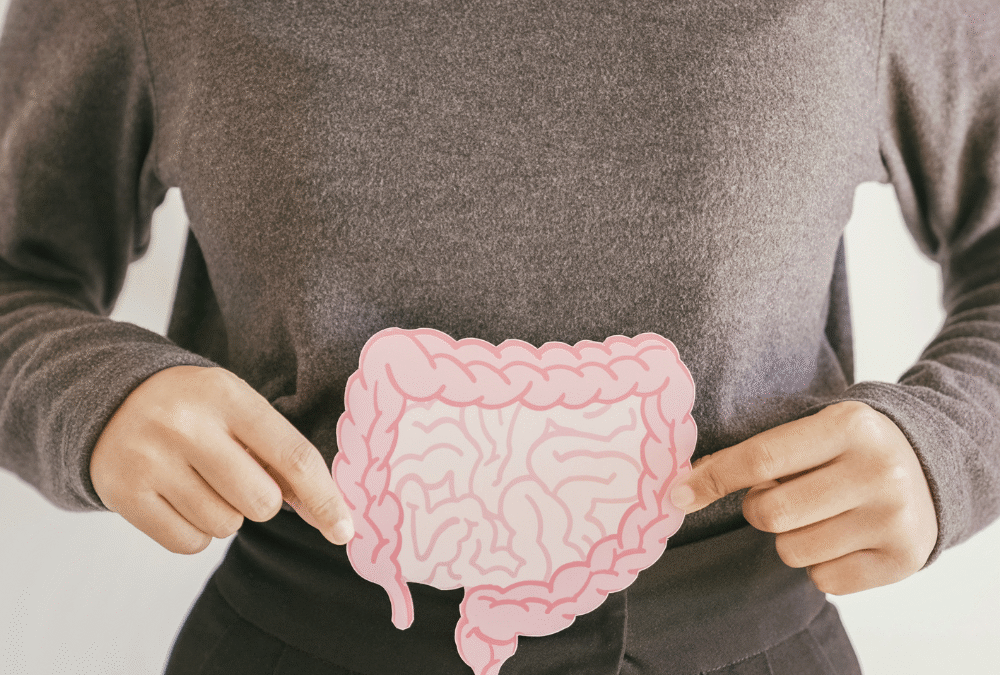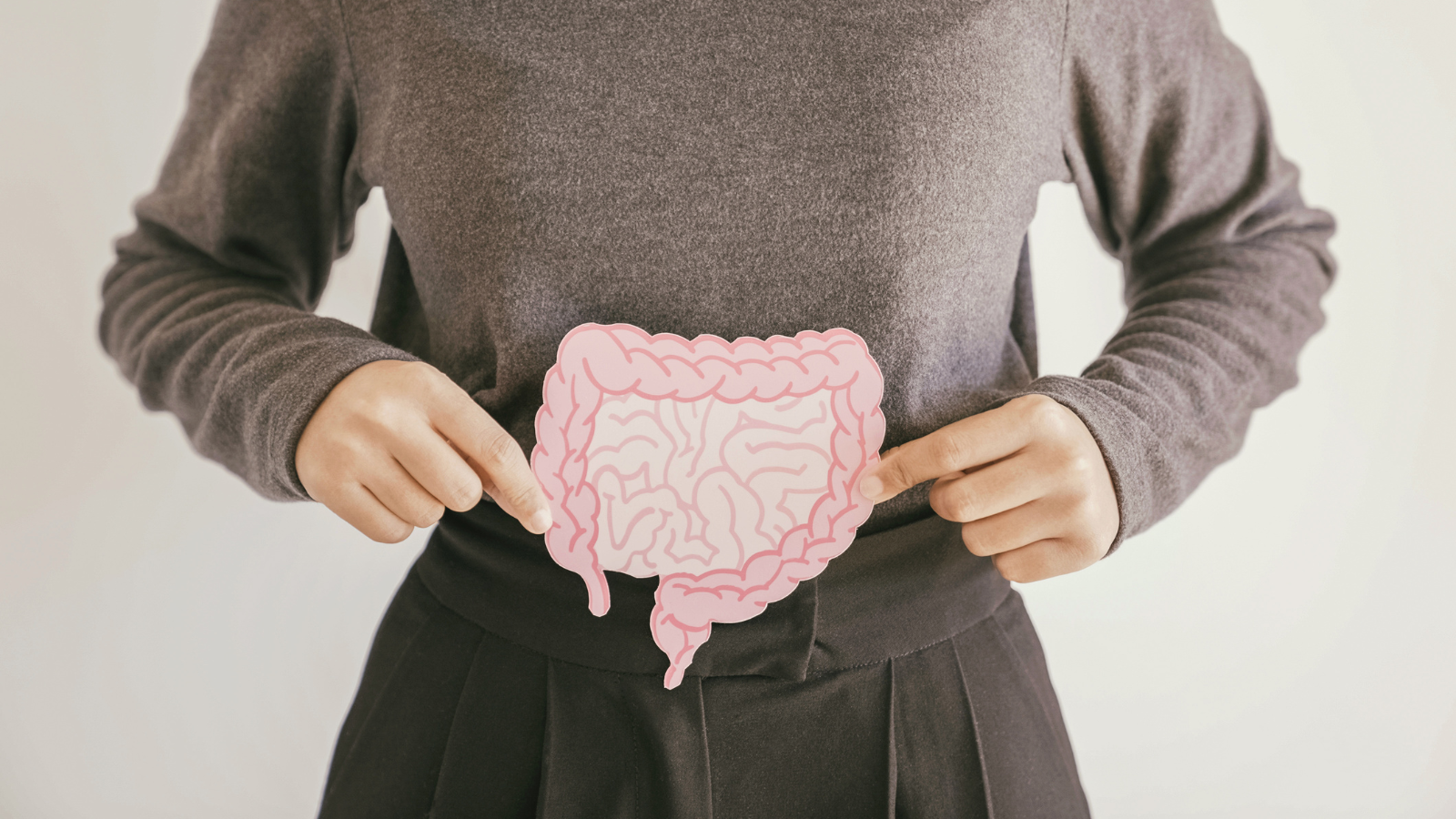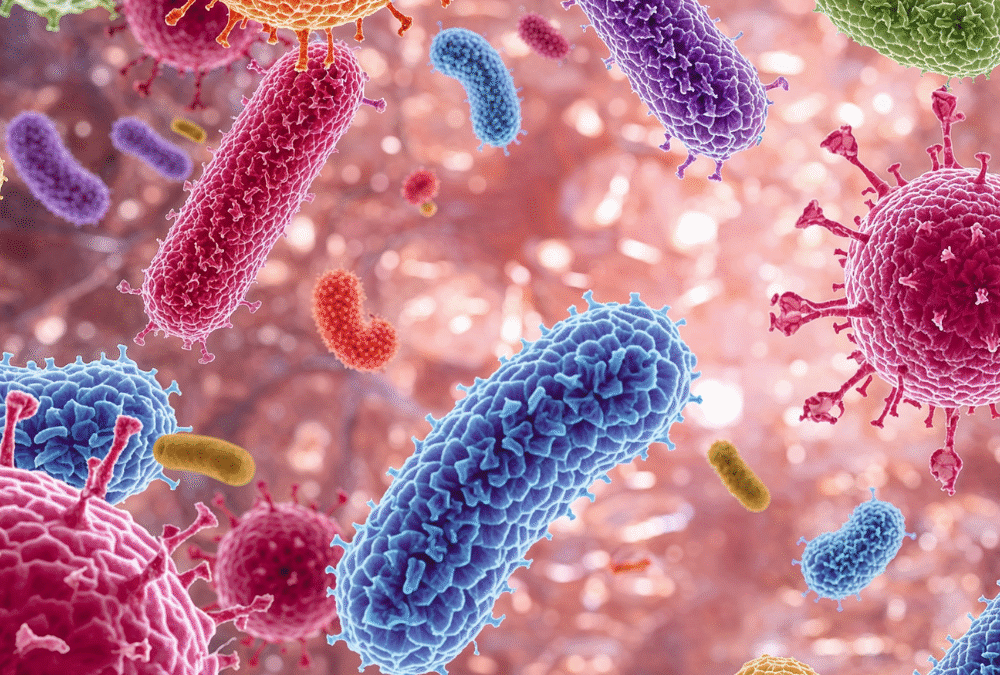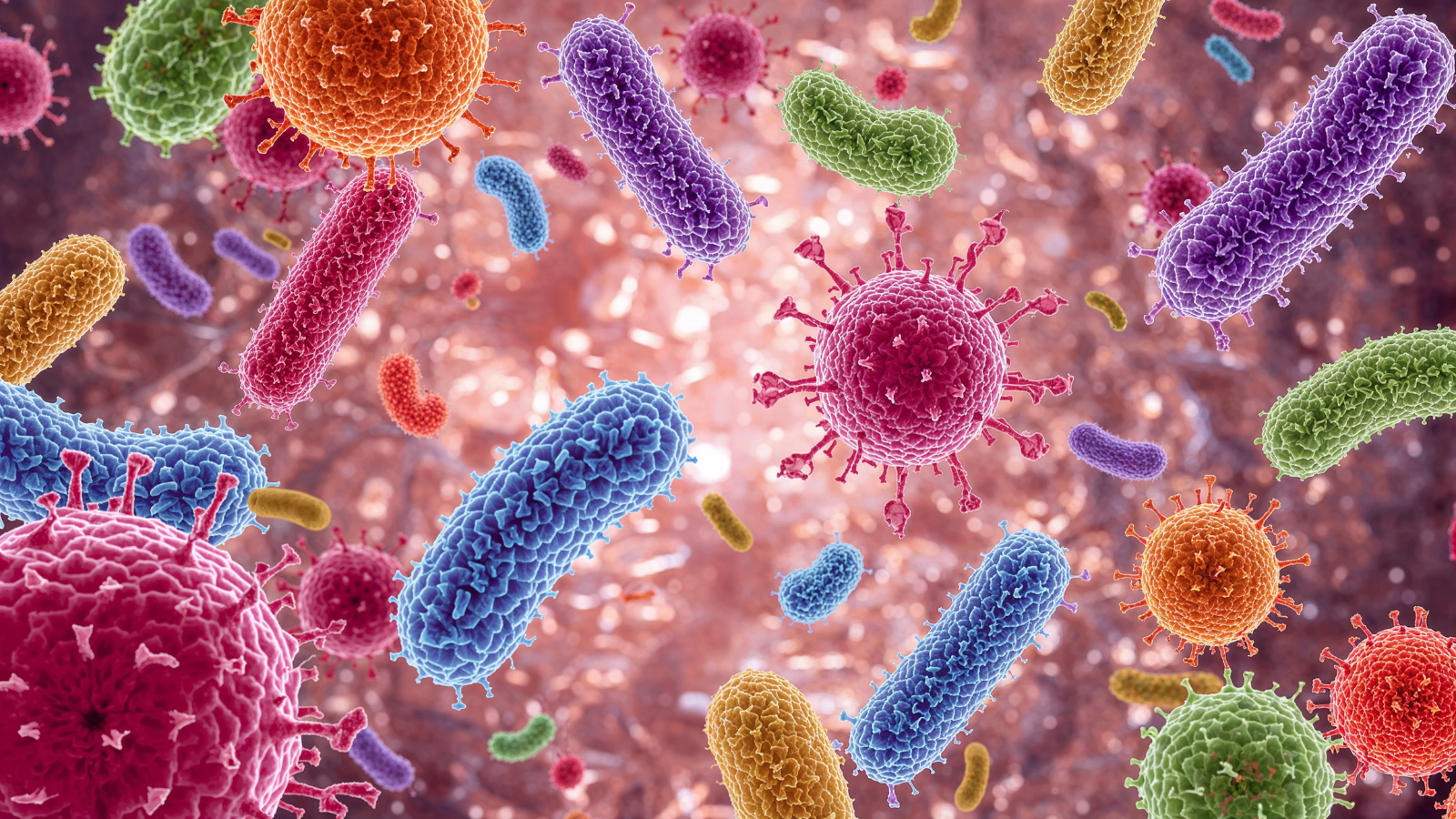
How Do I Choose The Best Weight Loss Diet For Me?
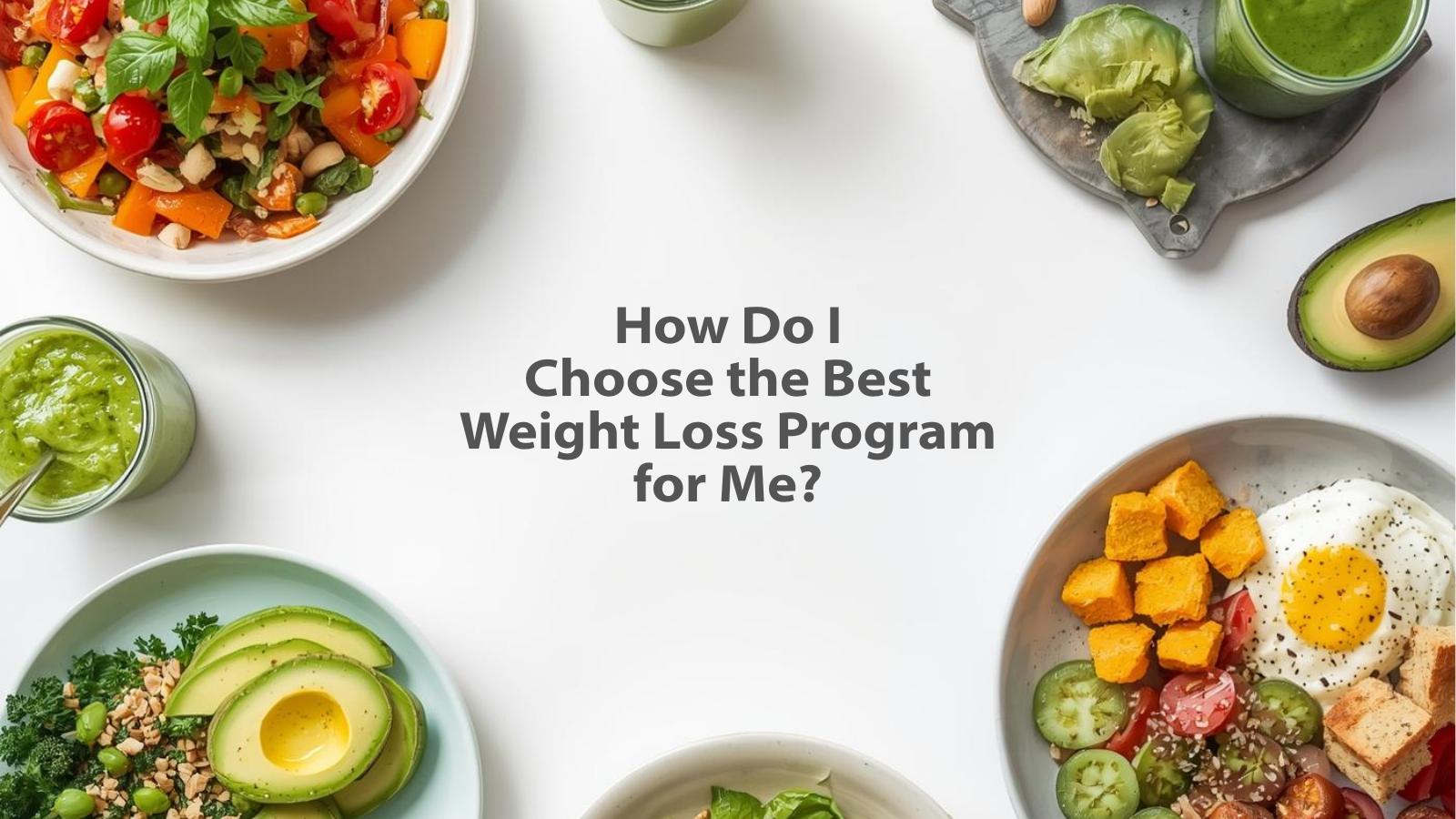
What are the top 5 best weight loss programs and the worst 5 weight loss programs?
While there are all sorts of weight loss plans on the market, experts agree that the best plan for you is one that works for your lifestyle and personal health history, and that you feel like you can stick with.
It can take a while to go through the different programs out there and sift through all the marketing hype to get to the nitty gritty of what is going to be the best fit for you. Talking with a health care professional such as a nutritionist or dietitian is a great first step in the process. But if you want to do it on your own then here are a few things to consider.
Here are some questions to consider when choosing a weight loss plan.
- Does the plan include foods I like to eat?
- What is an appropriate weight loss plan for my age?
- What is an appropriate weight loss plan that may also help to support my other health issues or could it be potentially detrimental to my other health issues?
- Does the approach work for my lifestyle and preferences?
- Are the meals on this weight loss plan affordable?
- Do I have to spend extra time to shop and prepare the recommended meals?
- What other support and resources are provided to help me?
- Is there accountability and support?
- Is this sustainable long term?
No matter what weight loss plan you decide on, what truly helps with weight management in the long run are small lifestyle changes—such as increasing vegetable and fruit intake, staying physically active and limiting processed foods. These types of small changes build a positive, cumulative effect for long-term weight control and overall health as opposed to aggressive all or none approaches.
It is also important for you to understand the pros and cons of the diet. No one weight loss plan is likely going to tick off all your boxes so it is important to do the research to find out if this will be a good fit. One weight loss plan could have amazing pros but the cons are high and follow through might just be too difficult or too expensive.
Committing to a Weight Loss Plan
To actually stick to a weight loss plan, you need to think about your why. Why do you want to do it? What’s in it for you? And how committed are you to adopting this new eating and healthy lifestyle approach? Having this information top of mind can rekindle your motivation when it wanes.
Consistency is the key The best plan is the one you can stick with long term and personal fit matters. You need to take into consideration your lifestyle, food preferences, and schedule influence to determine if you will be successful with the program. Programs with coaching or education usually outperform quick‑fix diets. So having support can go along way to your success.
Most successful weight loss programs provide built-in strategies like these to help you go the distance.
- Tracking Your Progress. Weight loss programs give you meal and exercise tracking tools in the form of diaries or handy mobile apps. Using my fitness pal to track what you are eating and learning how what foods quickly add up calories or certain other nutrients or compounds such as sugar
- Creating mini goals. Most weight loss plans help you map out specific changes to make on your way to your goal, such as exercising each day or cutting back on alcohol intake. Checking off “mini-goals” along the way helps boost your motivation, keeps you on-track and builds healthier habits.
- Sidestepping weight loss fatigue. Most weight loss plans provide enough meal variety and other support systems to keep you motivated after the novelty of starting a weight loss program wears off.
“Treat Meals” Some programs offer the option to have a treat meal which can be great to allow more flexibility in social situations and help avoid binge eating and feeling deprived. There are pros and cons to treat meals. To find out more check out this article, Can I Have a Cheat Day?
Top 5 Worst Weight Loss Diets to Avoid
Before talking about the best weight loss program it is also important to talk about the worst ones, why they go wrong and are often detrimental to your health. Losing weight can be challenging, and with countless diet trends every year, it’s easy to fall for the promise of rapid results. But not all diets are safe or effective. In fact, some popular weight loss diets can do more harm than good. Here are the top 5 worst weight loss diets, why they fail, and the risks associated with them.
- Starvation Diets: Extreme Calorie Restriction
Starvation diets, often under 800 calories per day, promise quick weight loss but come at a serious cost. Very Low‑Calorie Commercial Programs such as Optifast, Medifast and HMR.
These branded programs often rely on very low‑calorie meal replacements (sometimes ≤800–1,000 calories/day) and are marketed as fast weight‑loss solutions. Although they can lead to short‑term weight loss, they also come with potential side effects, and little evidence they lead to lasting, meaningful weight maintenance after the program ends unless paired with robust lifestyle changes.
Why they fail:
This kind of diet causes muscle loss and slows metabolism, it can lead to nutrient deficiencies, disrupts hormones, including thyroid and sex hormones and almost always results in rebound weight gain often more than what you had originally started with. They also have high drop out rates and are not sustainable long term.
- Juice Cleanses and Detox Diets
Juice cleanses, detox teas, and liquid-only diets claim to “flush toxins” and reset your body.
Why they fail:
These are “ok” as a short term (2 days) approach to help detox and cleanse the body but not as an approach for sustained long term weight loss. These diets if implemented more as a weight loss program are extremely low in protein, fiber, and healthy fats. It can causes blood sugar spikes, fatigue, and cravings and more importantly the weight loss is mostly water and muscle, not from fat.
- Mono Diets: Eating Only One Food
Cabbage soup, grapefruit, carnivore or egg-only diets promise simplicity but are highly restrictive.
Why they fail:
Not only do these diets fail but they can be detrimental to your health. They lack nutritional diversity of foods and nutrients that can lead to deficiencies, they can cause gut health issues and are hard to maintain, often leading to binge eating. Weight loss is short-term and unsustainable.
- Ultra Low-Fat Diets
Low-fat diets were once the go-to weight loss trend but removing healthy fats is a mistake.
Why they fail:
We need fats – 60% of our brain is made up of fats and they are extremely important for brain structure and function. Healthy fats are essential for hormone regulation, satiety, bowel regularity and mood. These diets are often high in refined carbs and added sugar, leads to constant hunger and poor blood sugar control and can worsen insulin resistance over time.
- Supplement or Meal replacement – Based Weight Loss Diets
Diet pills, teas, shakes and fat-burning supplements promise effortless weight loss but are largely ineffective.
SlimFast is a branded meal‑replacement system (shakes, bars, snacks) heavily marketed as a “simple weight‑loss solution.” Research shows mixed and often minimal results — and while calorie control can lead to weight loss, replacing whole meals with processed shakes doesn’t necessarily build long‑term healthy eating habits. Results are inconsistent and may be no better than simple calorie counting.
Why they fail:
It can cause dehydration, electrolyte imbalances, and digestive issues, some contains stimulants may increase anxiety, heart rate, and cortisol levels. It is often expensive and once a person finishes the program weight loss stops. It may also encourage disordered eating patterns.
The Best Weight Loss Diets
- Intermittent fasting
- Metabolic Balance Program
- Ketogenic Diet
- Mediterranean Diet
- Low Carb (whole foods) Diet
To find out more about these diets and their pros and cons, check out this article.
If following a structured weight loss program is not for you, then you may want to try to incorporate some healthy weight loss nutrition strategies into your current eating habits. Check out Tips to Shedding Weight.
Summary
Weight loss is a billion-dollar industry and at times can be complicated. You may have tried numerous diets out there and had varying success but often not achieving sustained weight loss over time. The common thread among the worst weight diets include extreme restriction, unsustainable habits, and potential health risks, and are often expensive and unable to be sustained long term.
If your goal is long-term weight loss, focus on balanced nutrition, high protein, fiber-rich foods, and lifestyle changes instead of dangerous shortcuts. Do your research and/or speak to a health professional such as a dietitian or nutritionist to find the best approach for you.

